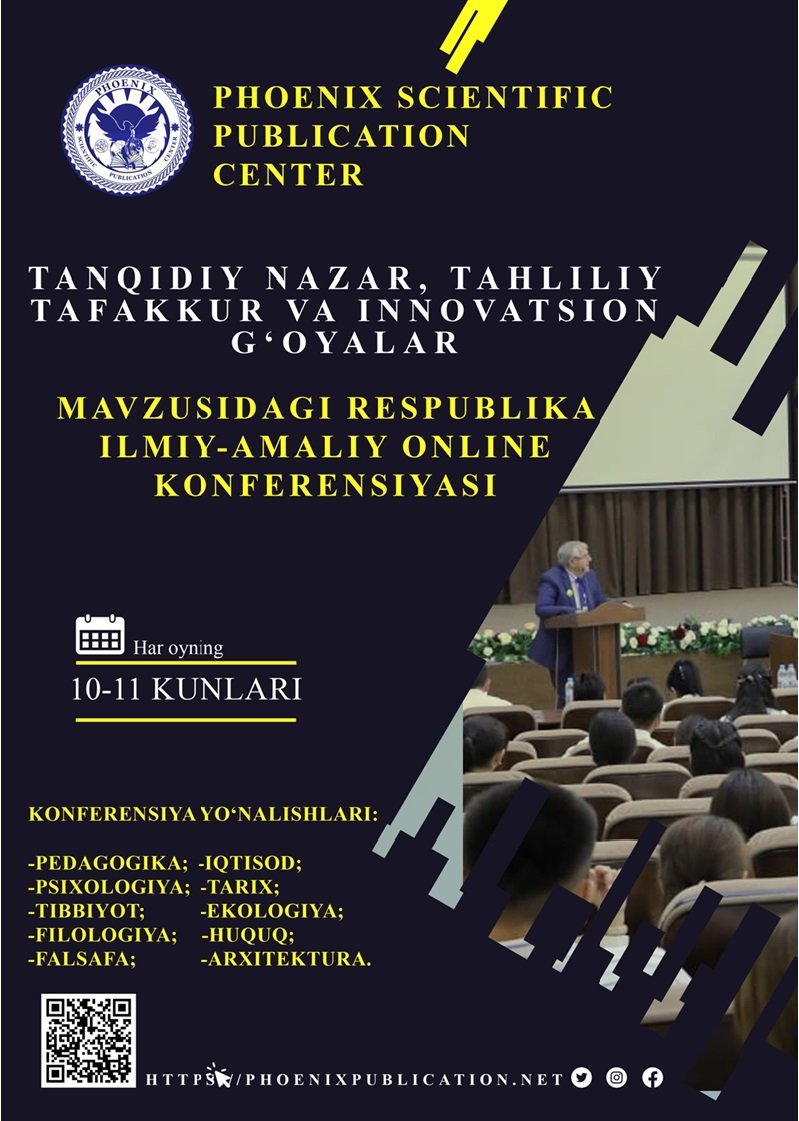Abstract
This thesis explores the significant linguistic, pragmatic, and cultural challenges faced in translating humor from English into Uzbek. Humor translation is one of the most complex fields of translation studies because it involves not only linguistic equivalence but also the transfer of cultural and cognitive scripts that produce laughter and amusement. The study identifies the difficulties of translating wordplay, irony, and culture-specific references, analyzing examples from English children’s literature and audiovisual media. The discussion demonstrates that humor often resists direct translation due to structural and pragmatic mismatches between English and Uzbek, as well as differing cultural perceptions of what is considered “funny.”
References
1. Attardo, S. (2014). Linguistic Theories of Humor. De Gruyter Mouton.
2. Chiaro, D. (2010). Translation, Humour and Literature: Translation and Humour, Volume 1. Continuum.
3. Delabastita, D. (1996). Wordplay and Translation. The Translator, 2(2), 127–139.
4. McGhee, P. (1979). Humor: Its Origin and Development. W. H. Freeman.
5. Sharifian, F. (2011). Cultural Conceptualisations and Language. John Benjamins.
